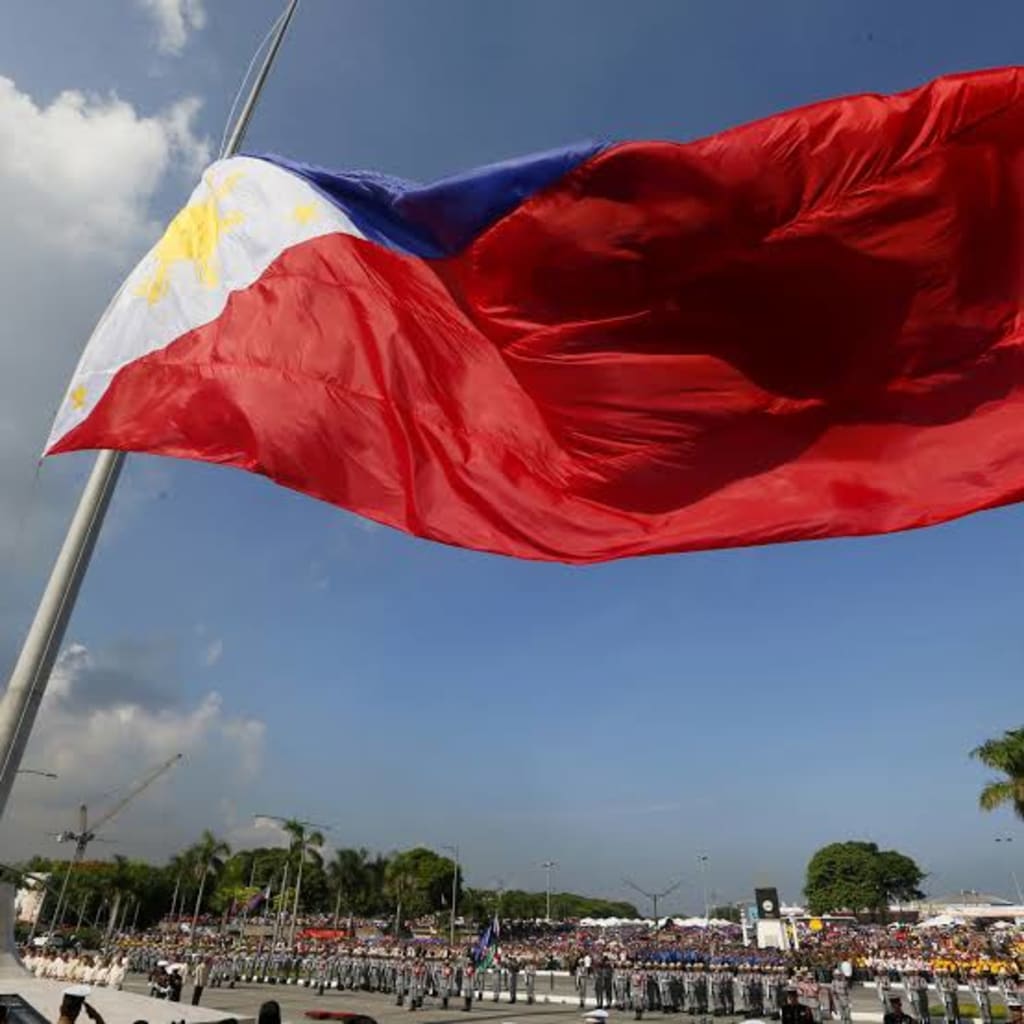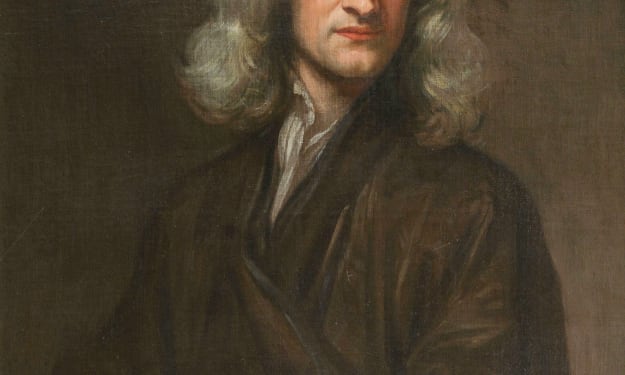
The Philippines has a rich and complex history that spans thousands of years. Here's a brief overview of the major periods and events in Philippine history:
Precolonial Period:
The Philippines was inhabited by indigenous peoples for thousands of years before the arrival of European colonizers. The earliest known civilization in the Philippines was the Barangay society, composed of small villages governed by local chieftains called datu. These societies had trade relations with neighboring Southeast Asian kingdoms and engaged in agriculture, fishing, and maritime activities.
Spanish Colonial Period (1521-1898):
The Spanish explorer Ferdinand Magellan arrived in the Philippines in 1521 and claimed the islands for Spain. Spanish colonization began in earnest in 1565 when Miguel López de Legazpi established the first permanent Spanish settlement in Cebu. The Spanish ruled the Philippines for nearly 300 years, with Manila serving as the capital of the Spanish East Indies.
Under Spanish rule, the Philippines underwent significant changes. The Spanish introduced Christianity, and Roman Catholicism became the dominant religion. The encomienda system was implemented, leading to forced labor and the exploitation of indigenous peoples. Spanish influence was also evident in the language, culture, and governance of the Philippines.
Filipino Nationalism and the Propaganda Movement:
In the late 19th century, a Filipino nationalist movement emerged in response to Spanish colonial rule. Filipino intellectuals and reformists, known as the Ilustrados, formed the Propaganda Movement. They sought political and social reforms, including representation in the Spanish Cortes (parliament), equality before the law, and an end to racial discrimination. Prominent figures of this movement included José Rizal and Marcelo H. del Pilar.
Philippine Revolution and Independence:
The martyrdom of José Rizal in 1896 sparked the Philippine Revolution against Spain. The revolutionary forces, led by Emilio Aguinaldo, achieved significant victories. However, the outbreak of the Spanish-American War in 1898 provided an opportunity for the United States to intervene in the Philippines. The Treaty of Paris in 1898 ended the war and ceded the Philippines from Spain to the United States.
American Colonial Period (1898-1946):
The United States introduced a new form of colonial rule in the Philippines. Under American governance, several reforms were implemented, including the establishment of a public school system and the construction of infrastructure. However, the American rule was also marked by resistance and armed conflicts, notably the Philippine-American War (1899-1902).
Commonwealth Era and World War II:
In 1935, the Philippines became a self-governing commonwealth under the Tydings-McDuffie Act, with Manuel L. Quezon as its first president. However, the country's sovereignty was interrupted by World War II. The Philippines was invaded by the Japanese in 1941 and suffered under Japanese occupation until 1945. The Philippine resistance, led by guerrilla fighters and supported by the Allied forces, played a crucial role in the liberation of the country.
Independence and Post-war Period:
The Philippines regained its independence from the United States on July 4, 1946. Manuel Roxas became the first president of the independent Republic of the Philippines. The post-war years were characterized by nation-building efforts, economic development, and political challenges. The country experienced political instability, authoritarian rule under Ferdinand Marcos from 1972 to 1986, and the subsequent restoration of democracy through the People Power Revolution.
Contemporary Philippines:
Since the 1986 revolution, the Philippines has seen various political, economic, and social changes. The country continues to grapple with issues such as poverty, corruption, and territorial disputes. However, it has also made significant strides in economic development, international relations, and cultural achievements.
About the Creator
Enjoyed the story? Support the Creator.
Subscribe for free to receive all their stories in your feed. You could also pledge your support or give them a one-off tip, letting them know you appreciate their work.






Comments
There are no comments for this story
Be the first to respond and start the conversation.